
Recommendation
Michael S. Gazzaniga, a prolific author in the field of neurobiology, explains discoveries from biology, genetics, neuroscience and physics that contribute to the modern understanding of consciousness. Gazzaniga blends jokes and examples from personal experience into his formal presentation, and he succeeds in making this challenging topic accessible. getAbstract recommends his conceptual explanations to readers seeking to better understand neuroscience or themselves.
Summary
About the Author
Michael S. Gazzaniga is the director of the SAGE Center for the Study of the Mind at the University of California, Santa Barbara. He is also the author of The Ethical Brain, The Mind’s Past and Human: The Science Behind What Makes Your Brain Unique.
Learners who read this summary also read
Book
Book
Book
Book









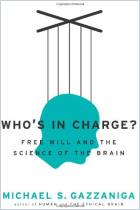
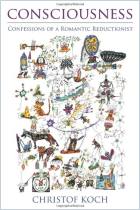
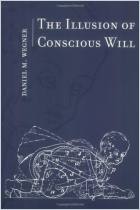
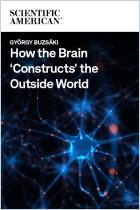
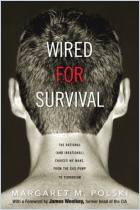
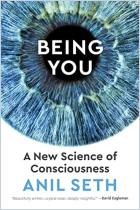
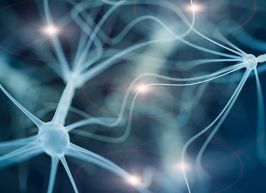

Comment on this summary or 开始讨论